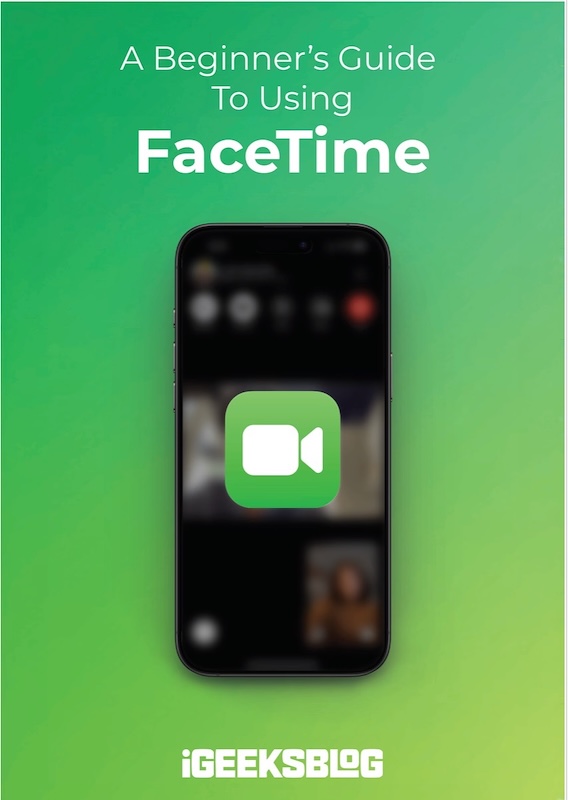
FaceTime Like a Pro
Get our exclusive Ultimate FaceTime Guide 📚 — absolutely FREE when you sign up for our newsletter below.

FaceTime Like a Pro
Get our exclusive Ultimate FaceTime Guide 📚 — absolutely FREE when you sign up for our newsletter below.
Apple tightens App Store rules, requiring clear consent before apps share user data with AI services.
Apple has introduced a new set of App Review Guidelines that require developers to disclose and obtain user consent before sharing users’ personal data with third-party AI services. The change arrives ahead of Apple’s plan to debut its upgraded Siri experience in 2026.
The upcoming Siri update will let users perform actions across apps via voice commands. Recent reports suggest that Apple is using Google’s Gemini AI model to power it. As the company prepares to expand Siri’s capabilities, it is also tightening rules to ensure third-party apps do not leak personal data to AI providers or other AI-driven platforms.
This isn’t the first time Apple has updated its App Store policies, but this update stands out for directly mentioning AI companies. It shows that Apple now views AI providers as a separate group that must follow the same strict rules as other sensitive third-party services.
Previously, guideline 5.1.2(i) required apps to explain how they share data and get user permission before doing so. It also stated that apps could not use or share personal data without consent. This rule helped apps comply with laws like the EU GDPR and the California Consumer Privacy Act. Apps that do not follow these rules can be removed from the App Store.
The revised guideline now adds the following sentence:
You must clearly disclose where personal data will be shared with third parties, including with third party AI, and obtain explicit permission before doing so.
The new rule directly affects apps that rely heavily on AI systems to collect or process user information for personalization or functionality. Many apps use machine learning or other AI techniques behind the scenes, and it is unclear which types of AI systems Apple considers covered under this rule. It is also unclear how strictly Apple will enforce it, since AI can encompass many technologies, including large language models, cloud-based analysis tools, and small on-device machine learning models.
Apple also introduced several additional changes to the App Review Guidelines. These include rules that support the new Mini Apps Program, updates to policies for creator and loan apps, and other refinements. Apple also added crypto exchanges to the list of apps that operate in highly regulated fields.
Do you agree with Apple’s move? Drop your thoughts in the comments below.